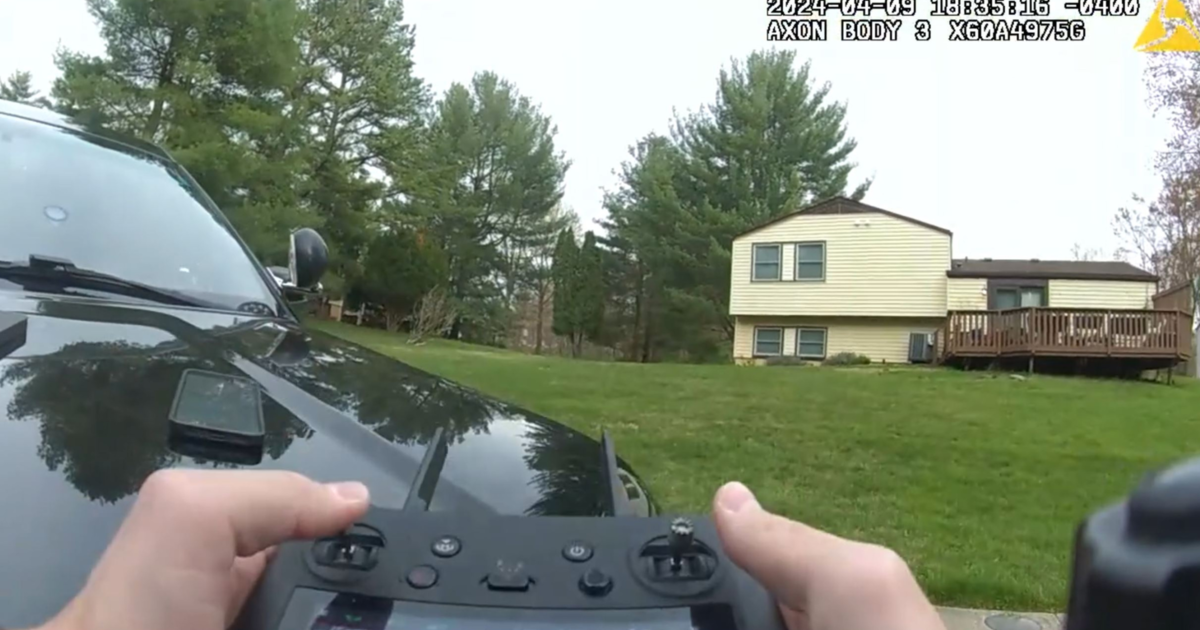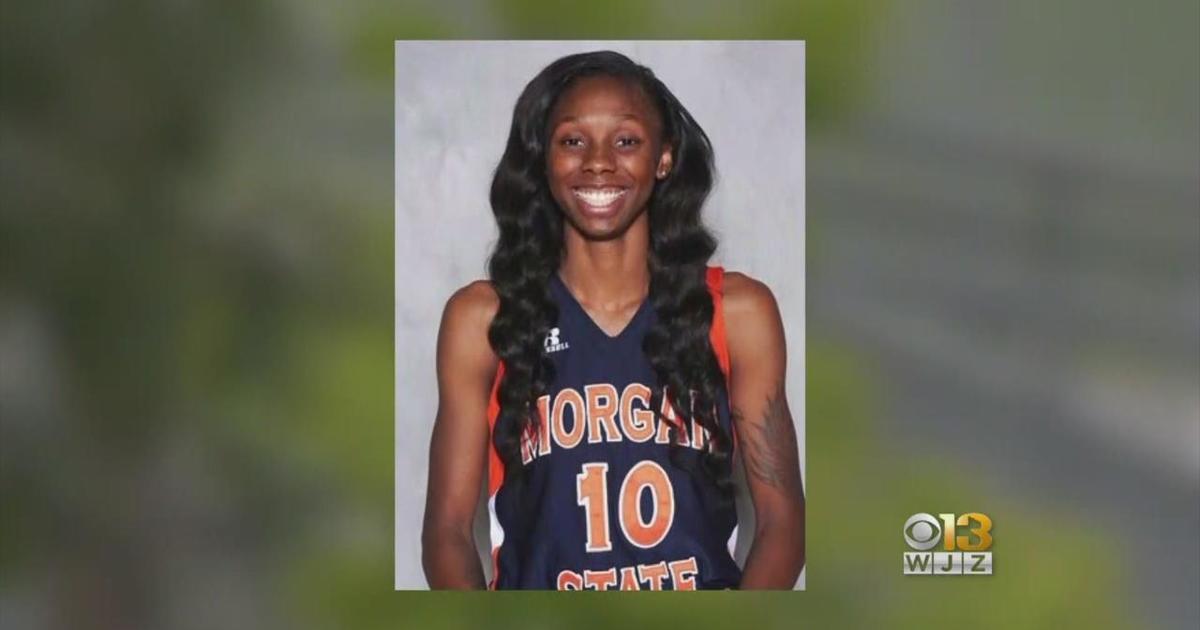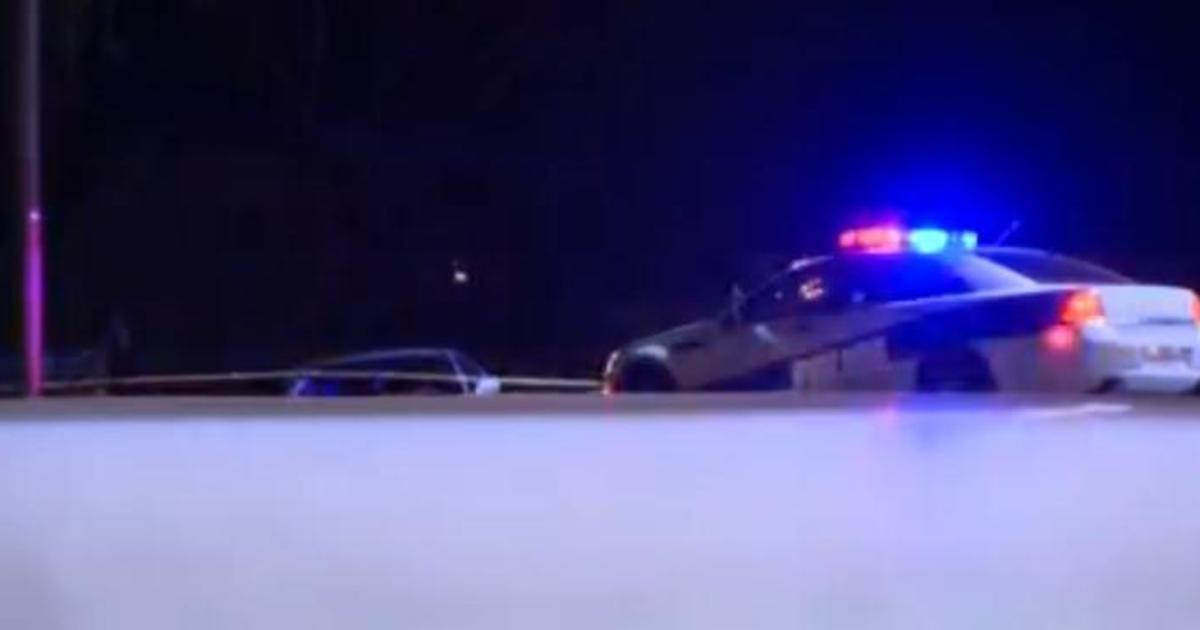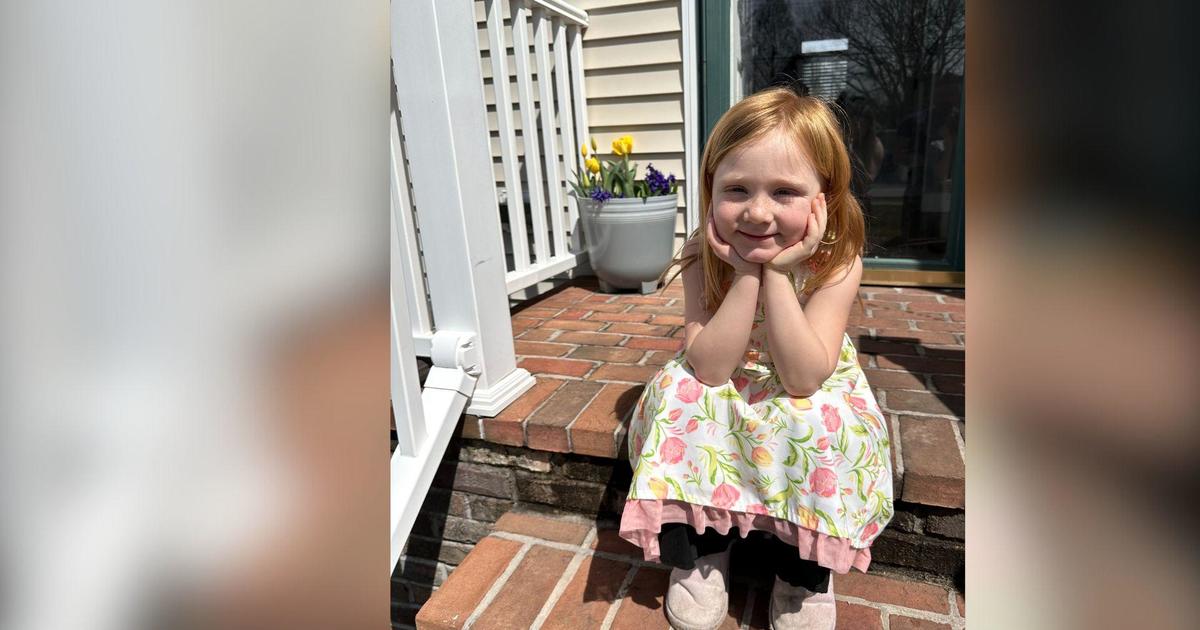In Md. Court, Teen Takeover Offers A Second Chance
ZACH C. COHEN
The Washington Post
LA PLATA, Md. (AP) -- The 16-year-old said he didn't think before stealing a shirt, pants, hat and jewelry box from a local Kohl's. He had fallen in with new friends after moving from Virginia to Maryland, and he followed their lead. He put on the clothes and started to walk out of the store.
The youth didn't know police were on to him until right before officers handcuffed him. He was charged with theft under $1,000.
"I wasn't in the right state of mind," he said. "It was a dumb thing to do."
But in Charles County, the teen and other young first-time offenders get a second chance. Their records are wiped clean, and potential fines and driver's license points can be forgiven. Instead, a jury of teen peers picks a different kind of punishment: community service, letters of apology, even having offenders plan their own funerals.
When the Charles County Teen Court started in March 2001, it was held in two or three courtrooms at a time. Now, at least 80 volunteers run four or five sessions simultaneously every other week to handle the increased caseload. More than 2,000 youths charged with misdemeanors have gone through the program, run by the Charles County Sheriff's Office.
"We see a lot of good kids get their one and only second chance," said Wayne Magoon, an Air Force veteran who is president of a printing company and volunteers as a "judge" with the program.
There are more than 1,000 youth courts in 49 states, according to the National Association of Youth Courts. There were just 78 such courts in 1994. Teen or youth courts function in almost half of Maryland's counties and the District of Columbia (though the latter is contending with funding issues). The Virginia Crime Commission said it was unaware of any in the state.
Charles County's is the only teen court in Maryland to review traffic violations, said Diane Richardson, a spokeswoman for the Charles County Sheriff's Office.
"The word has gotten out (about youth courts') cost effectiveness and positive outcomes of reduced recidivism and increased youth involvement," said Jack Levine, program director of the National Association of Youth Courts.
There is limited nationwide data on how effective teen courts are in helping kids who have had minor run-ins with the law steer clear of further trouble, but a study by the University of Maryland's School of Social Work said those who failed to complete the requirements set out by the Charles County Teen Court were six to 10 times more likely to return to the Maryland Department of Juvenile Services than those who finished the program.
Last year, 96 percent of Charles County Teen Court participants completed their sanctions, according to coordinator Sarah Vaughan.
A Teen Court procedure looks a lot like a regular trial. But volunteers fill every role, and almost everyone in the room is under the age of 18. The jurors, mostly high school students, hear evidence and question the accused -- known as respondents in the Teen Court -- on everything from the specifics of the incident to their grades in school. They ask "teen questions," as the 16-year-old's uncle put it, that adults might not consider.
"If you don't tell the truth, they'll figure it out," Magoon said.
The judge removes jurors who know the respondent to ensure impartial rulings. Likewise with jurors the respondent recognizes.
A sheriff's cadet acts as bailiff, escorting respondents and their families into and out of the room and administering an oath. A judge (usually not an actual judge), reads the jury's assigned punishment in a way that sounds more like a parental scolding than an official sentence.
The 16-year-old shoplifter was barred from entering retail stores without supervision for two months. Among other punishments, he had to write a letter of apology to his mother and interview a police officer, a sanction intended to set him up with a male role model.
"A lot of things are put into place to try to get people to stop and think about their behavior," said Diana Donohue, a chief community judge at the Charles County Sheriff's Office who has worked with Teen Court since its inception. "A judge, when somebody comes through with a speeding ticket, doesn't have the authority under the law to do all those things, whereas in Teen Court we do."
The minimum sentence for all cases includes serving on a jury at future Teen Court trials. Many come back and volunteer for more cases than mandated.
"Not only do we get to learn from our mistakes, but we get to help other people our age who have made the same mistakes we have," said an 18-year-old who completed Teen Court after being pulled over for driving 65 mph in a 45 zone. The Washington Post generally does not name juveniles charged with crimes.
Some of the sanctions can be creative. Tristan Thorpe, 18, went through the program after driving 70 in a 45 zone with members of his high school football team on board. The jury decided he should design his own funeral. He had to write his eulogy, visit a funeral home and determine logistics as well as cost.
"It kind of changed my views on everything," said Thorpe, who agreed to be identified.
Felony and narcotics cases aren't heard, and only first-time offenders get a chance to expunge their record.
"You can't come back to Teen Court, but you can darn sure come back to this courthouse," Magoon told the 16-year-old when his case came up.
Vaughan described Teen Court as a family: It follows up with respondents and administers stern but fair sentences. As the last of the cases were heard one recent Thursday, a teen stopped Vaughan in the hallway to hand her his essay. She quickly dismissed it, saying it didn't meet her -- or his -- standards.
"Would you give that to your family?" Vaughan asked as she combed through a folder of papers.
"No," the teen admitted.
(Copyright 2013 by The Associated Press. All Rights Reserved.)



